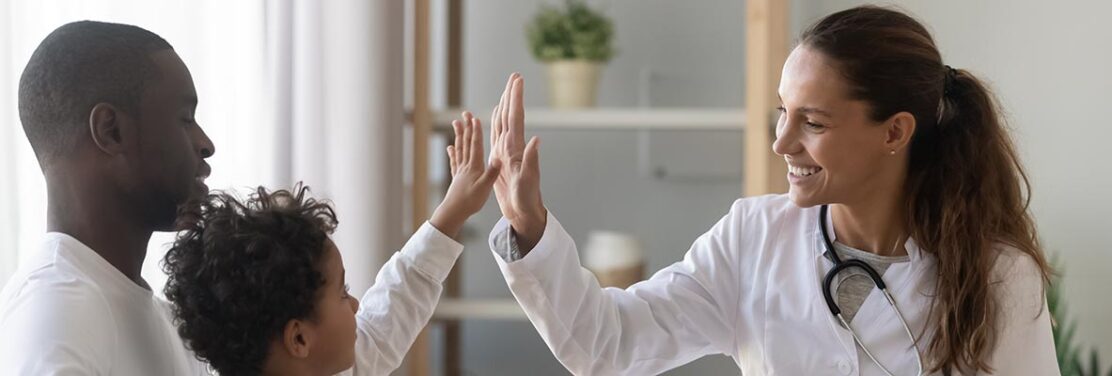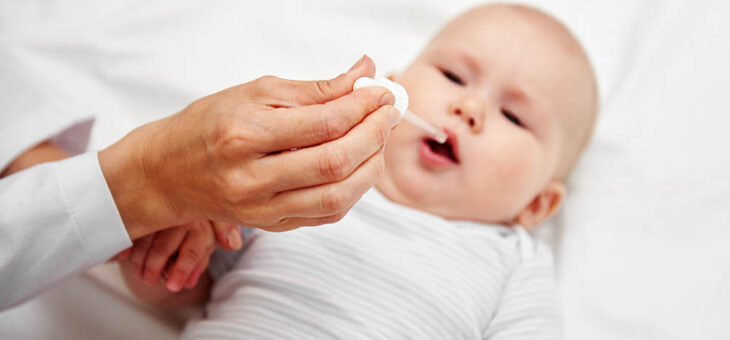About the profession
A common adage in the medical field is that ‘children are not simply little adults.’ In other words, there are significant differences between treating adults and children.
The smaller body size and less mature internal organs of an infant or child are physiologically substantially different. Congenital deficiencies or defects, infectious diseases, developmental issues, rare diseases, … are very specific to young patients.
A pediatrician’s interpretation of symptoms, diagnosis, procedures and prescribing of medications or other treatments are all influenced by the (developmental) age of the patient and the health literacy of its parents.
The fact that the pediatrician’s patients often cannot independently advocate or make decisions adds another aspect to pediatric practice: that of communicating with parents and family and considering the concerns of potentially many people, not only the patient.
Therefore paediatrics requires a very specific training and specific competencies.

Practicing paediatrics
In Belgium, 1573 paediatricians are committed to the optimal physical, mental, and social health and well-being for all infants, children, adolescents, and young adults.
Paediatricians need a particularly flexible profile: they switch quickly between the various maternity, emergency, paediatric, obstetric and outpatient departments covering the whole spectrum of both very acute and chronic care, preventive as well as curative care, sometimes very general but mostly very specific care, in a population ranging from premature babies to adolescents and young adults.
We need a sufficient number of appropriately trained primary care pediatricians, pediatric medical subspecialists, and pediatric surgical specialists to provide optimal care to all children.
Accreditation
Accreditation is the recognition of your participation in training activities and peer review sessions (LOK/GLEM).
In order to be accredited, you must meet certain requirements, either related to your professional activity, or to your participation in additional training. If you are accredited, you will receive an annual fixed accreditation fee that covers part of your training costs.
The requirements for accreditation can be found here:


